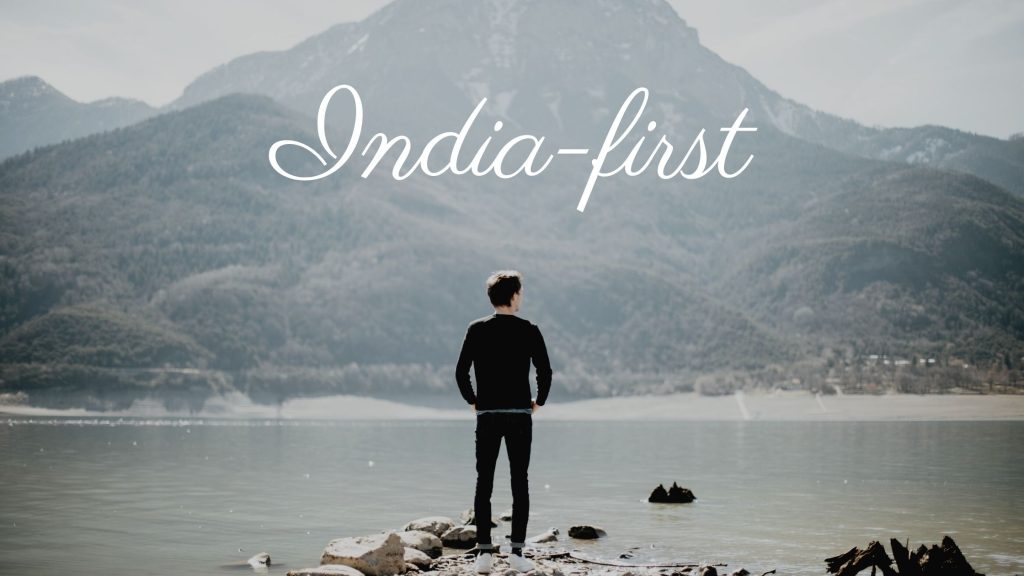While the market for medium-term stays in India isn’t as big as the long-term or short-term rental market, it is growing fast. Rakesh Kamble, founder of Rentmystay, a property management firm that offers all three types of rentals, says that the medium-term market is much more stable. A 10-20% demand is always there.
“We have seen 40% of our properties going on medium-term rentals. It has worked well for us. The demand usually comes from people in IT coming to a city for 2-3 months for projects or patients coming for surgeries,” says Kamble.
In the mid-term rental game, Airbnb has a unique advantage. It doesn’t demand a deposit, as usually happens in the case of property managers such as co-living startup Nestaway. This leaves Airbnb well-poised to grow in this segment, but it remains to be seen how both hosts and guests take to it.
Even as Airbnb waits to see whether this segment will take-off, though, it cannot afford to take its eye off its bread and butter—short-term stays. In a new normal dominated by domestic travellers, Airbnb needs to revamp the way it does business.
India-first

Indian domestic travellers are averse to homestays on two counts. First, the idea of staying in someone else’s home isn’t particularly appealing. Second, self-service isn’t something Indian travellers care for while on holiday.
Almost a year ago, Airbnb tried to address this gap by adding hotels to its platform. The move also came as the platform, which was rumoured to be planning a public offering, wanted to improve its India numbers. With this in mind, the company even picked up a stake in home-grown budget hospitality chain OYO in April 2019.
The hotel play, though, hasn’t worked out, according to various industry sources we spoke with. Two hotel owners who listed their properties on Airbnb said that they haven’t received much traction. The hospitality expert quoted earlier says that it wasn’t a great move to add hotels on to the platform since that isn’t something Airbnb stands for. “Not only does it dilute the brand’s promise, it disappoints users who come looking for a differentiated experience through homestays,” he says.
The Legal Bases Behind Hosting on Airbnb as a Temporary Rental
The silver lining for Airbnb is that the hotel strategy has allowed it to penetrate tier-2 or -3 towns in India, which do not have many quality homestay options. In places like Patna in Bihar, Digha in West Bengal, or Vapi in Gujarat, more than 50% of the company’s listings come from hotels. However, it isn’t clear how much of the footfall these properties see comes through Airbnb.
It isn’t just the types of accommodation on the platform, though. Videc’s Kapoor believes the company needs to also re-examine the sort of travellers it is targeting. Thus far, Kapoor says, most of Airbnb’s communication is targeted towards leisure travellers. With leisure travel likely to be severely impacted for the foreseeable future, though, Kapoor believes that the platform needs to increasingly look to sell to business travellers, who usually opt for hotels.